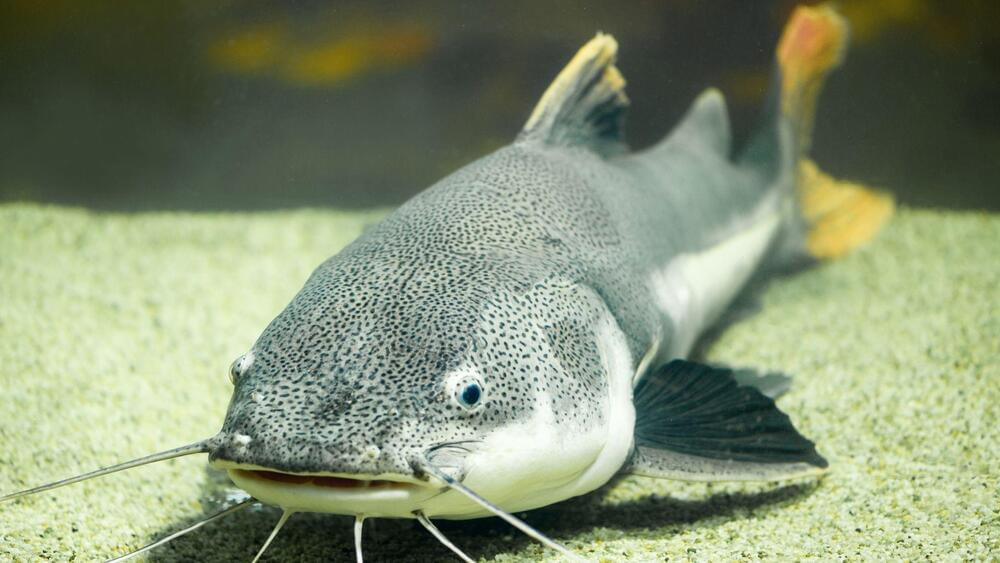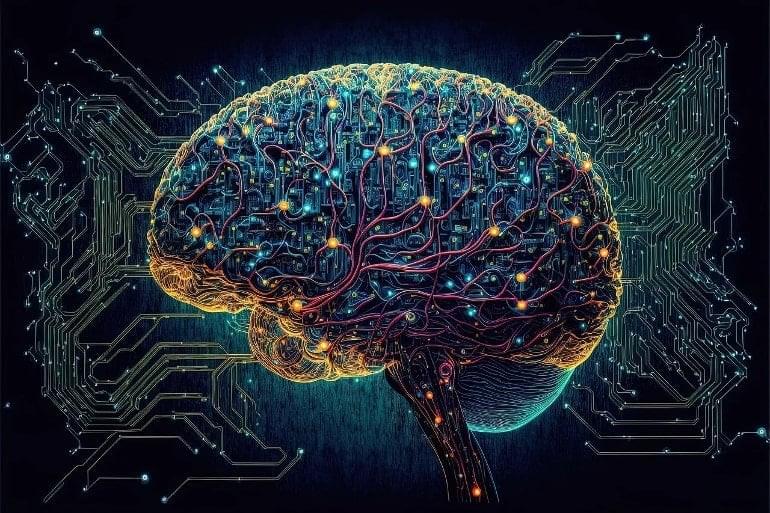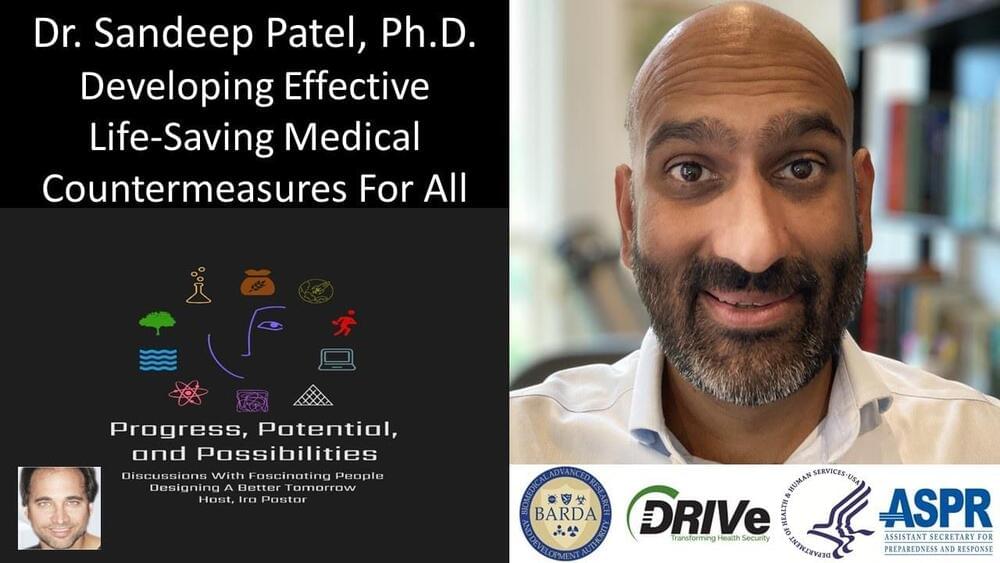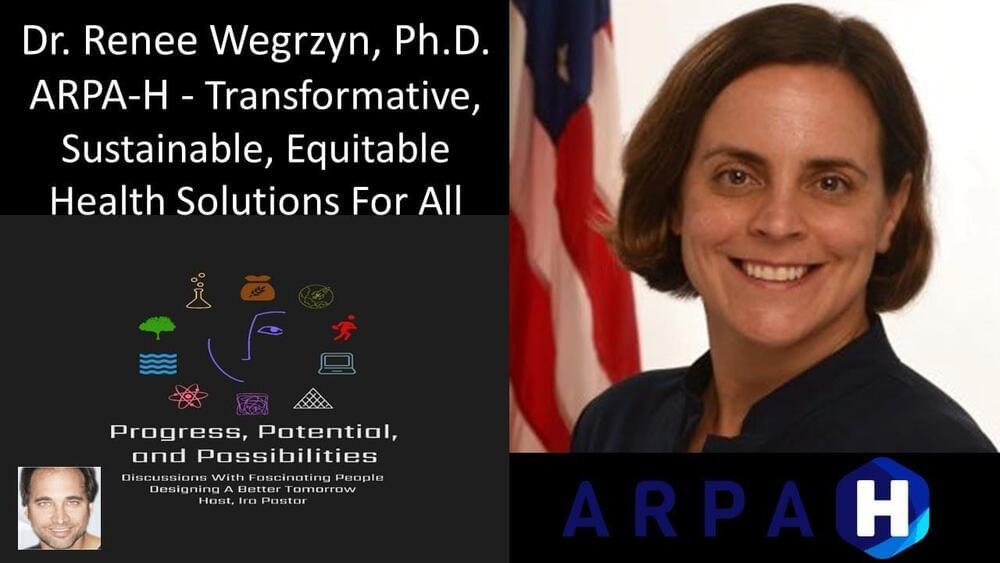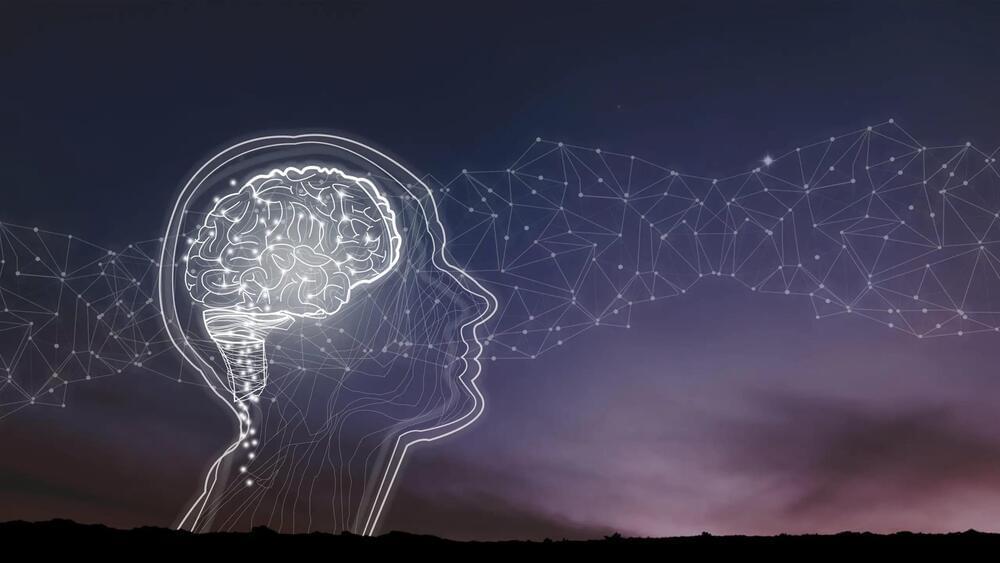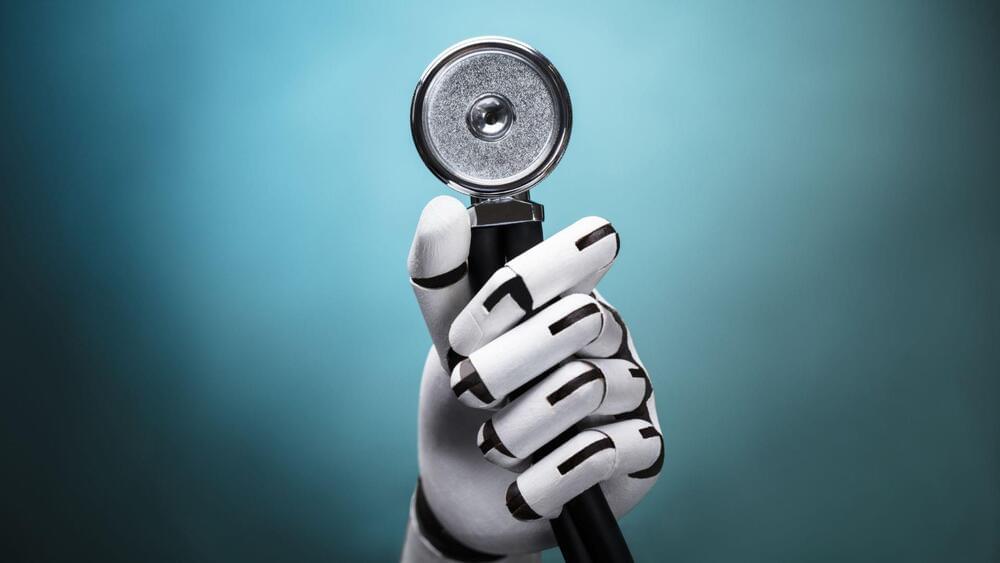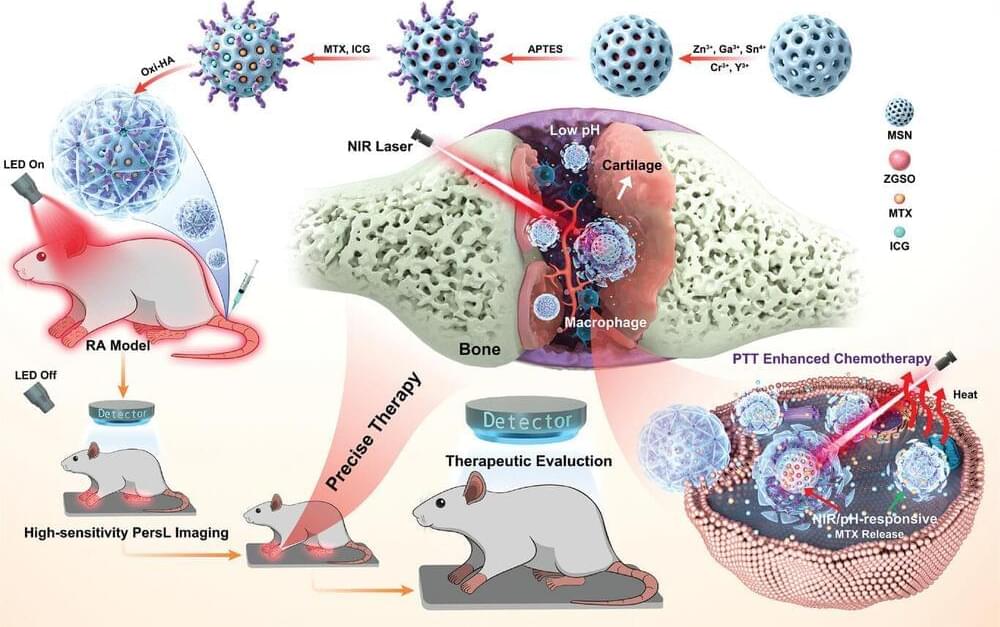Feb 11, 2023
The spillover of bird flu to mammals must be ‘monitored closely,’ WHO officials warn: ‘We need to be ready to face outbreaks in humans’
Posted by Saúl Morales Rodriguéz in categories: biotech/medical, health
H5N1 avian flu has existed for a quarter century. Only rarely have human cases occurred, with no sustained transmission reported. But “we cannot assume that will remain the case,” WHO Director General Tedros Adhanom Ghebreyesus said at a news conference. New, frequent reports that the disease has crossed into small mammals like minks, otters, foxes, and sea lions are cause for alarm, given the species’ similarities with humans, he noted.
While the risk to people remains low, public health officials must prepare “to face outbreaks in humans, and be ready also to control them as soon as possible,” Dr. Sylvie Briand, director of Global Infectious Hazard Preparedness and Emergency Preparedness at the WHO, told Fortune.
Ghebreyesus cautioned against touching or collecting sick or dead animals, and encouraged those who encounter such to report them to local authorities. Countries must strengthen their avian flu surveillance in areas where humans and wild animals interact, he insisted. And public health officials must work with manufacturers to ensure that vaccines and antivirals are available for global use, he said.

